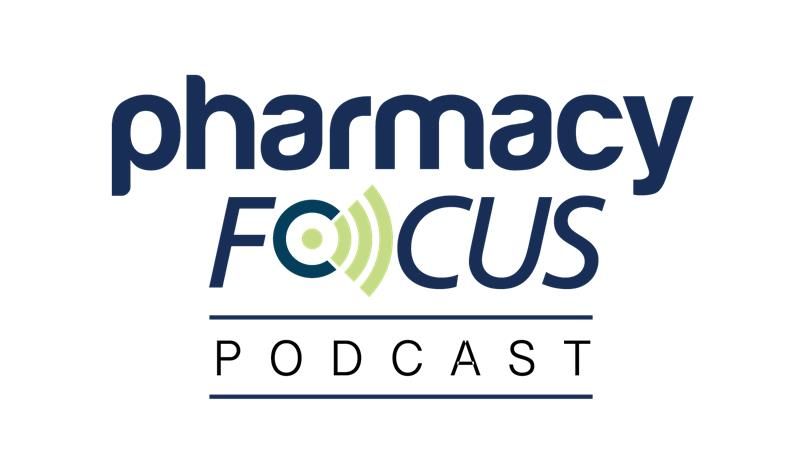Article
Diabetes, Hypertension Drug Combination Could Treat Cancer
Author(s):
Metformin plus syrosingopine seen to shrink tumors in mice models of liver cancer.
Findings from a recent study suggest that creating novel cancer treatments could be as simple as combining drugs indicated for diabetes and hypertension.
Metformin, a commonly-prescribed type 2 diabetes drug, is known to have anti-cancer effects; however, the prescribed doses are not high enough to kill cancer cells, according to a study published by Science Advances.
The investigators now believe that a combination of this drug with syrosingopine, an antihypertensive drug, causes cancer cells to die, which could lead to a novel treatment option for patients with various types of cancer.
Although metformin has shown anticancer properties in high doses, it can also cause numerous side effects. In the study, the authors screened more than 1000 drugs to determine which medication intensifies metformin’s anticancer actions.
They discovered that syrosingopine was able to amplify the cancer killing effects of metformin without raising the dosage to a level that would result in adverse events. The researchers even found that this 2-drug cocktail was effective against multiple cancers, according to the study.
“For example, in samples from leukemia patients, we demonstrated that almost all tumor cells were killed by this cocktail and at doses that are actually not toxic to normal cells,” said study first author Dr Don Benjamin. “And the effect was exclusively confined to cancer cells, as the blood cells from healthy donors were insensitive to the treatment.”
After treatment with the drug cocktail, reduced liver size was observed in mice models of liver cancer, according to the study. The tumor nodules were also decreased, with tumors vanishing completely in some mice.
The researchers reported that the molecular processes of the cancer cells explain why a combination of diabetes and hypertension drugs could be used to treat cancer. Metformin lowers blood glucose and inhibits the respiratory chain in mitochondria, while syrosingopine inhibits the degradation of sugar.
Due to these mechanisms of action, the drug combination inhibits processes that are critical for creating energy for cancer cells, according to the study. Since cancer cells require a substantial amount of energy for survival, interrupting or reducing their supply leaves them weakened.
The researchers then tested multiple other compounds with the same mechanisms of action as the diabetes drug to determine whether inhibiting mitochondria is the key to cancer cell death, which was discovered to be true, according to the study. The investigators also observed reduced cancer cell growth when these drugs were combined with syrosingopine.
If confirmed in further studies, these findings could lead to a novel combination treatment for cancer. Since these drugs are already approved and marketed, the approval process for a combination treatment would likely be streamlined and faster than normal.
“We have been able to show that the two known drugs lead to more profound effects on cancer cell proliferation than each drug alone,” Dr Benjamin concluded. “The data from this study support the development of combination approaches for the treatment of cancer patients.”
Newsletter
Stay informed on drug updates, treatment guidelines, and pharmacy practice trends—subscribe to Pharmacy Times for weekly clinical insights.






